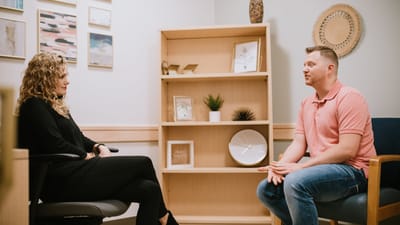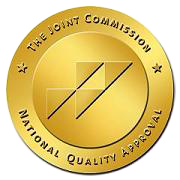Related Resources

Families in Recovery
4 Ways Families Can Support College Students Home for the Holidays
As college students head home for the holidays, these practical tips can help families and loved ones know how to support their mental health this…

Families in Recovery
Can My Child Stay in School While in Eating Disorder Treatment?
See how ERC Pathlight’s education specialists help kids and teens stay in school during eating disorder treatment.

Families in Recovery
Eating Recovery Caregiver Dos and Don'ts
Eating Recovery Center is accredited through the Joint Commission. This organization seeks to enhance the lives of the persons served in healthcare settings through a consultative accreditation process emphasizing quality, value and optimal outcomes of services.
Organizations that earn the Gold Seal of Approval™ have met or exceeded The Joint Commission’s rigorous performance standards to obtain this distinctive and internationally recognized accreditation. Learn more about this accreditation here.
